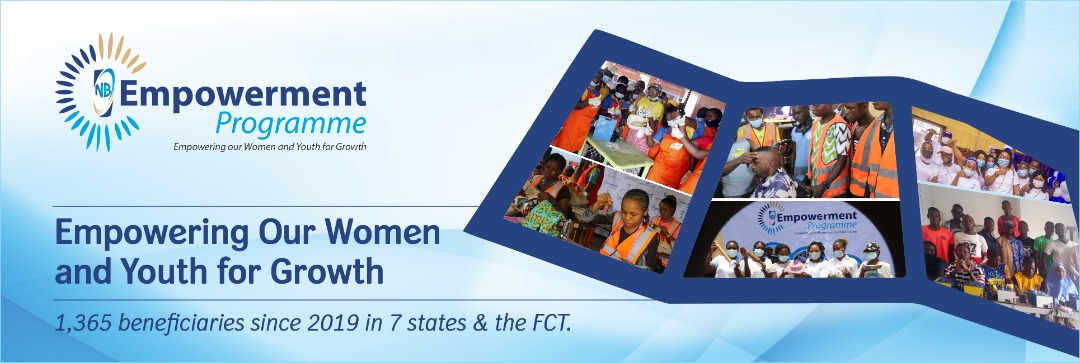By Marcus Ikechukwu
President Muhammadu Buhari has inaugurated a 14-member national council for gigital Innovation and entrepreneurship (NCDIE).
The digital council was established based on the Nigeria Startup Act, 2022 (NSA, 2022), signed into law in December 2022 by the current administration.
Buhari performed the inauguration shortly before he presided over the Federal Executive Council (FEC) meeting, at the Council Chambers, State House on Wednesday.
The NCDIE, which is chaired by the President has 13 other members including Vice President as Vice Chairman, and the minister of communication and digital economy, who shall preside over the council in the absence of the chairman and vice chairman.
Other members are ministers of finance, budget and national planning, industry, trade and investment, science, technology and innovation, the governor of the Central Bank of Nigeria, four representatives of the startups’ consultative forum, and one representative of the Nigerian Computer Society, one representative of the Computer Registration Council of Nigeria and the Director General of the Nigerian Information Technology Development Agency (NITDA) as secretary of the council.
Among the terms of reference for the Council includes the responsibility of promoting the development of the country’s digital economy and providing a supportive environment for entrepreneurs to thrive.
The job will also encompass the implementation of the Nigeria Startup Act 2022, which aims to stimulate the growth of innovative startups and small and medium-sized enterprises (SMEs) in the country.
In his opening remarks, President Buhari highlighted the importance of the NCDIE in driving economic growth and job creation as well as consolidating on the gains recorded in the sector under his administration.
He said the Act provides incentives for startups such as tax breaks, access to funding, ease of doing business, intellectual property protection, and participation in public procurement.
The President noted that the Act became law after approval by the federal executive council on 15 December 2021 and presidential assent on 19 October 2022.
He lauded the efforts of the minister of communication and digital economy, Isa Pantami, and the chief of staff for the achievement.
He noted the remarkable growth of startups worldwide of over $400 billion of venture funding in 2022. He said this was fueled by the demand for digital services, as people worldwide turned to technology to stay connected, work remotely, and access essential goods and services, largely, due to the COVID-19 pandemic.
Buhari further noted that in Africa, the startup ecosystem has been growing at a remarkable pace.
He observed that African startups grew to $5.4 billion in funding. “Nigeria has been at the forefront of this growth with Nigeria’s start-up rising from over $400 billion between 2019 and 2022.
He noted that Nigeria’s startups still face significant challenges, such as access to funding, support infrastructure, and security payment.
“These remain major barriers to the growth of the ecosystem particularly for early-stage startups.
The provisions of the Nigerian Startups Act 2022, present an important step towards addressing these challenges and promoting the growth and inclusive startup ecosystem in Nigeria.
“Furthermore, the implementation of the Act led to consolidation and further development of the gains recorded in the digital economy.”
He described the inaugurated council as a critical government structure in the implementation of the Act, which will ensure government agencies, entrepreneurs, investors and support organizations collaborate in the startups ecosystem to achieve goals of promoting the growth and sustainable startups ecosystem.
He reiterated his earlier directive to the secretariat to commence the immediate development of the implementation plan, one of which is the development of the startup portal which will serve as platform that will drive the implementation of the the Nigerian Startups Act 2022 in collaboration with all stakeholders.
He urged all council members to support the secretariat in implementing the provision of the Act.
The council is to meet in May 2023, to make further progress on the implementation of the Act.

















